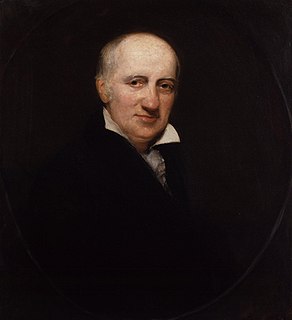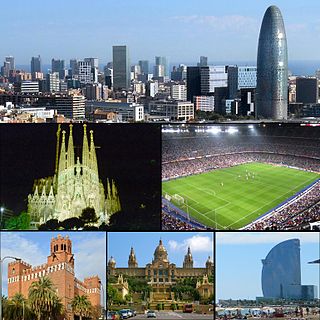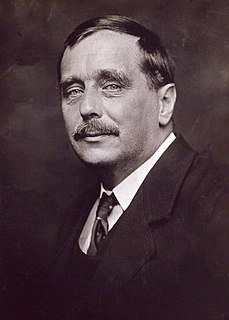Anarchism is an anti-authoritarian political philosophy that advocates self-governed societies based on voluntary, cooperative institutions and the rejection of hierarchies those societies view as unjust. These institutions are often described as stateless societies, although several authors have defined them more specifically as distinct institutions based on non-hierarchical or free associations.
The history of anarchism began with the first humans walking on earth. Prehistoric society existed without formal hierarchies, close to anarchist principles. The first traces of anarchist thought can be found in ancient Greece and China where numerous philosophers questioned the necessity of the state and declared the moral right of the individual to decide for themselves. During the Middle Ages few religious sects espoused libertarian thought, and in the Age of Enlightenment the rise of rationalism and science signaled the birth of the modern anarchist movement.
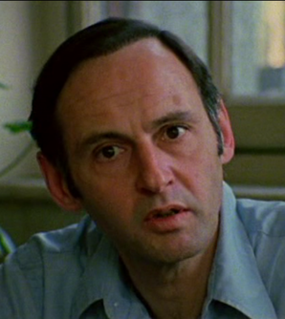
Paul Avrich (1931–2006) was a historian of the 19th and early 20th century anarchist movement in Russia and the United States. He taught at Queens College, City University of New York, for his entire career, from 1961 to his retirement as distinguished professor of history in 1999. He wrote ten books, mostly about anarchism, including topics such as the 1886 Haymarket Riot, 1921 Sacco and Vanzetti case, 1921 Kronstadt naval base rebellion, and an oral history of the movement. As an ally of the movement's major figures, he sought to challenge the portrayal of anarchists as amoral and violent, and collected papers from these figures that he donated as a 20,000-item collection to the Library of Congress.
Anarchism in the United States began in the mid-19th century and started to grow in influence as it entered the American labor movements, growing an anarcho-communist current as well as gaining notoriety for violent propaganda by the deed and campaigning for diverse social reforms in the early 20th century. In the post-World War II era, anarchism regained influence through new developments such as anarcho-pacifism, anarcho-capitalism, the American New Left and the counterculture of the 1960s. In contemporary times, anarchism in the United States influenced and became influenced and renewed by developments both inside and outside the worldwide anarchist movement such as platformism, insurrectionary anarchism, the new social movements and the alterglobalization movements.
Libertarianism is a collection of political philosophies and movements that uphold liberty as a core principle. Libertarians seek to maximize political freedom and autonomy, emphasizing freedom of choice, voluntary association and individual judgment. Libertarians share a skepticism of authority and state power, but they diverge on the scope of their opposition to existing political and economic systems. Various schools of libertarian thought offer a range of views regarding the legitimate functions of state and private power, often calling for the restriction or dissolution of coercive social institutions.
Modern school can refer to:

This version of Mother Earth was an anarchist periodical aimed at the discussion of progressive issues. It was in circulation among people in the radical community in the United States from 1933–1934.
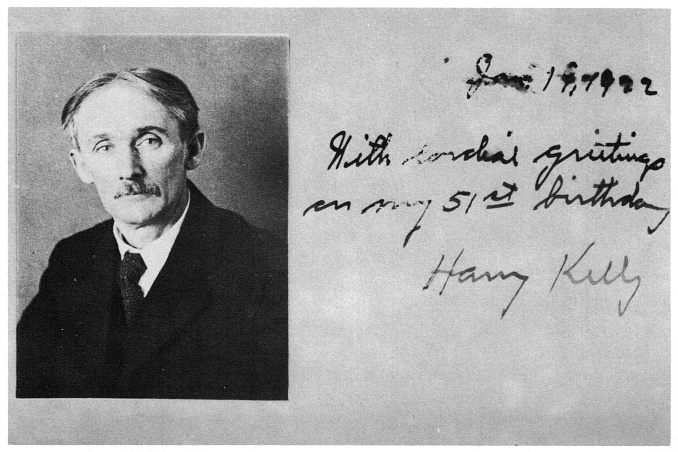
Harry May Kelly (1871–1953) was an American anarchist and lifelong activist in the Modern School movement.
Anarchism has had a special interest on the issue of education from the works of William Godwin and Max Stirner onwards.
Lorenzo Portet was a Spanish anarchist and an associate of anarchist and educational reformer Francesc Ferrer i Guàrdia).
The Ferrer Center and Stelton Colony were an anarchist social center and colony, respectively, organized to honor the memory of anarchist pedagogue Francisco Ferrer and to build a school based on his model in the United States.

Teresa Mañé Miravet was a teacher, editor and writer under the pseudonym Soledad Gustavo. She was married to Juan Montseny Carret ; their daughter was Spanish minister Federica Montseny.
The Ferrer school was an early 20th century libertarian school inspired by the anarchist pedagogy of Francisco Ferrer. He was a proponent of rationalist, secular education that emphasized reason, dignity, self-reliance, and scientific observation, as opposed to the ecclesiastical and dogmatic standard Spanish curriculum of the period. Ferrer's teachings followed in a tradition of rationalist and romantic education philosophy, and 19th century extragovernment, secular Spanish schools. He was particularly influenced by Paul Robin's orphanage at Cempuis.
Luigi Molinari (1866–1918) was an Italian anarchist, journalist, and lawyer best known as the publisher of the libertarian periodical L’Università popolare and his support for Ferrer Modern Schools in Italy.

Joan Montseny (1864–1942), who also wrote under the pseudonym Federico Urales, was an anarchist activist and journalist in Catalonia.

The Montjuïc trial was a trial of anarchist suspects in the military Montjuïc Castle following the 1896 terrorist attack on the Barcelonean Corpus Christi procession. About 400 suspects were arrested, from whom 87 were put on trial and five executed. Stories of forced confessions through torture led to an 1898–1899 campaign for a judicial review of the trial organized through Alejandro Lerroux and his newspaper El Progreso. Republican support for Lerroux from this action led to his rise as a left-wing force in Barcelona.

The Morral affair was the attempted regicide of Spanish King Alfonso XIII and his bride, Victoria Eugenie, on their wedding day, May 31, 1906. The attacker, Mateu Morral, acting on a desire to spur revolution, threw a bomb concealed in a flower bouquet from his hotel window as the King's procession passed, killing 24 bystanders and soldiers, wounding over 100 others, and leaving the royals unscathed. Morral sought refuge from republican journalist José Nakens but fled in the night to Torrejón de Ardoz, whose villagers reported the interloper. Two days after the attack, militiamen accosted Morral, who killed one before killing himself. Morral was likely involved in a similar attack on the king a year prior.
Leonard Abbott (1878–1953) was an anarchist and socialist best known for co-founding the Stelton Colony and related Ferrer Association in the 1910s.

José Nakens (1841–1926) was a Spanish journalist, anticlerical, and republican activist.
Soledad Villafranca los Arcos (1880–1948) was a Spanish anarchist, activist, pedagogue at the Escuela Moderna, and companion of Franciso Ferrer.



